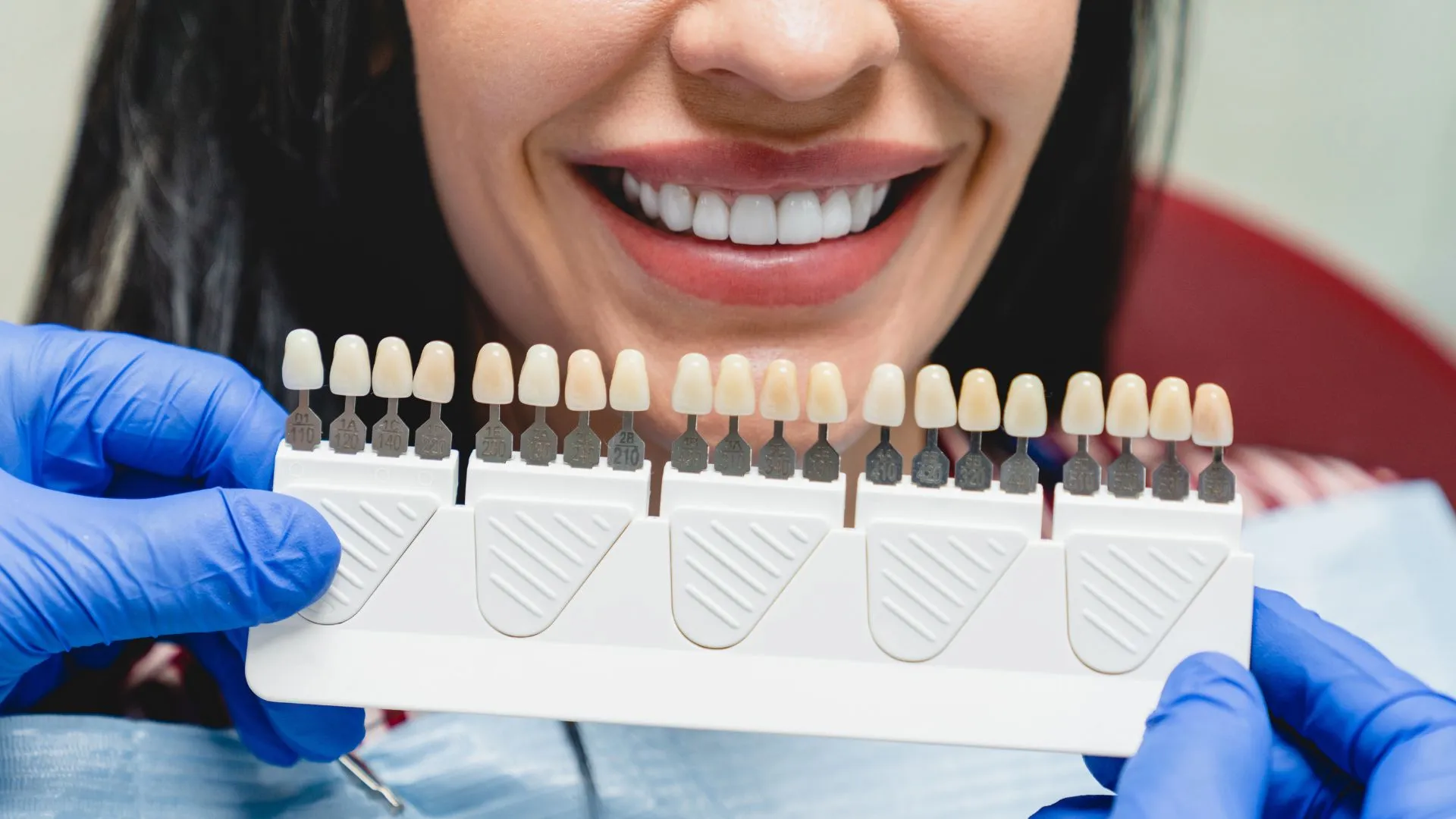You’ve taken the important step of obtaining dental implants to restore your cheerful grin. Now it’s time to think about long-term care of your new implants to preserve that smile.
If you’ve been suffering with one or more missing teeth and are hoping for a better option than bridgework or dentures, you’re in luck. Dental implants can replace teeth and give you a smile that looks and feels natural. Best of all, their care is fairly easy and routine compared to other dental restoration options.
At Image Dental in Stockton, California, our team can give you an amazing dental implant experience and help you maintain your smile for decades to come. In this blog, we explain three easy ways you can keep your dental implants looking and working great.
Dental implant basics
Unlike restorations that only replace the top part of a tooth, dental implants replace the entire tooth structure from root to crown. For a single implant, a titanium post is inserted into the jawbone where your tooth used to be. Once the gum has healed around the post, an abutment is attached to the post. Then, a restoration (crown) is attached to the abutment.
The advantages of having a dental implant instead of a bridge or denture is that the post acts like a replacement tooth root, stimulating the jawbone and keeping the area from slowly dissolving away. For a full arch of teeth, four implants can be used to support an entire row of upper or lower teeth.
Caring for your dental implant
Once you have your dental implants, taking good care of them is key. Some people find that their dental implants can last the rest of their lives with proper care. Others may need to have the crown replaced, but the post will usually never need to be replaced.
1. Brush and floss every day
A huge plus for dental implants is that you can brush and floss just as you do your normal teeth. Since they’re set into your jaw and surrounded by your gums, proper oral hygiene is critical to avoiding gum disease.
2. See your dentist regularly
Don’t think of implants as “fake teeth.” They act just like regular teeth, and they need the same care in the form of biannual visits to your dentist. Keeping appointments will allow your dentist to care for your teeth and gums and make sure your implant is doing well.
3. Get periodontal care
While your new teeth won’t get cavities, your gums are still vulnerable to bacteria, especially after surgery. You may need peri-implant maintenance to ensure your gums stay healthy and that periodontitis — also called gum disease — doesn’t make an appearance.
If you take good care of your implants, you can enjoy your new smile for many years to come. For more information about dental implants, call 209-392-5688 or book an appointment online with Image Dental today.



